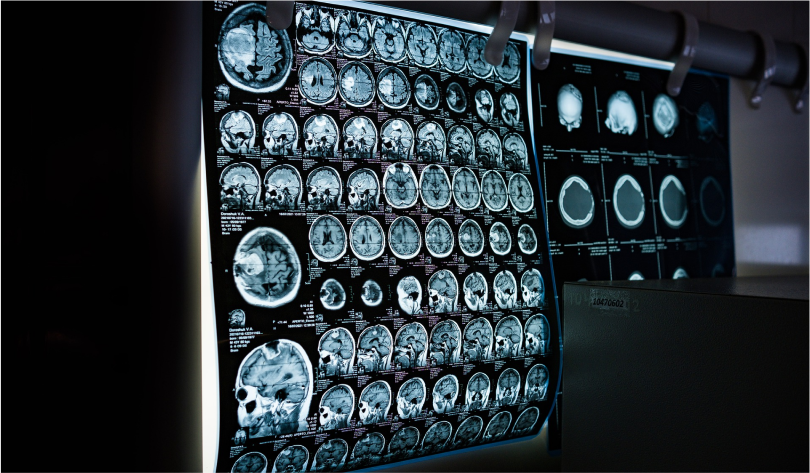It is your body’s command centre and controls everything you think, feel, and do - from sight to smell and walking to speaking.
Having a disease or injury that affects your nervous system can be incredibly challenging, significantly impacting your quality of life. Finding a trusted neurologist or neurosurgeon can play an important role in your journey towards optimal well-being.
What Is The Nervous System?
Our nervous systems are composed of the brain, the spinal cord, and the nerves that stem from them. They are responsible for memory, thinking, language, movement, swallowing, breathing and even bowel and bladder function.
What Is Neurology?
Neurology is a medical speciality that focusses on the nervous system. A neurologist specialises in diagnosing and treating diseases of the brain, spinal cord, and nerves, while a neurosurgeon performs surgery on any part of the nervous system.
What Conditions Does A Neurologist Treat?
Neurologists treat a wide range of conditions affecting the nervous system. Some of the most common neurological disorders a neurologist may treat include:
- Dementia
- Alzheimer’s disease
- Amyotrophic lateral sclerosis (also called ALS or Lou Gehrig’s disease)
- Brain injury, spinal cord injury or vascular malformations
- Cerebral aneurysms
- Cerebral palsy and spasticity
- Encephalitis
- Epilepsy
- Headache and migraine
- Hydrocephalus
- Meningitis
- Multiple sclerosis
- Myasthenia gravis and myopathies
- Parkinson’s disease
- Peripheral neuropathy
- Sleep disorders
- Stroke
- Tumours of the brain, spine and nerves
When Should You See A Neuroligist?
Recognising the early warning signs of a neurological problem can prevent your condition from deteriorating – and it could even save your life.
If you are experiencing any of the early signs of a neurological disorder, please so that we can refer you to the best neurologist for your situation.
Early signs of a neurological condition may include:- Persistent or sudden onset of a severe headache/migraine
- Loss of sight or double vision
- Impaired mental ability
- Lack of coordination
- Forgetfulness
- Seizures
- Taste or smell disturbances
- Numbness and tingling sensations
- Facial asymmetries
- Vertigo
- Ringing in the ears (tinnitus)
- Deafness
- Difficulty swallowing
- Muscle weakness, cramps, spasms, and twitching
- Burning or electrical shock-like pain
- Neck or back pain
- Neck stiffness
- Imbalance when walking
- Tremors
Frequently Asked Questions
A stroke happens when a blood vessel in the brain becomes blocked or narrowed, or when a blood vessel bursts and leaks blood into the brain, interrupting blood supply to the brain.
Meningitis is a very serious disease that occurs when the tissues surrounding the brain and spinal cord become inflamed. It is caused by a viral or bacterial infection. Symptoms of meningitis include intense headache and fever, sensitivity to light, and muscular rigidity (stiffness), particularly in the neck.
Headache disorders are the most common disorders of the nervous system. A neurologist can diagnose and treat migraine, tension-type headaches, and cluster headaches.


 71–75 Shelton Street, Covent Garden, London, WC2H 9JQ
71–75 Shelton Street, Covent Garden, London, WC2H 9JQ +44 (0) 20 3376 1032
+44 (0) 20 3376 1032



